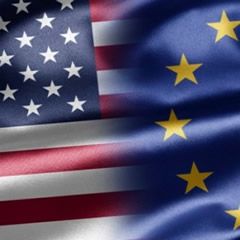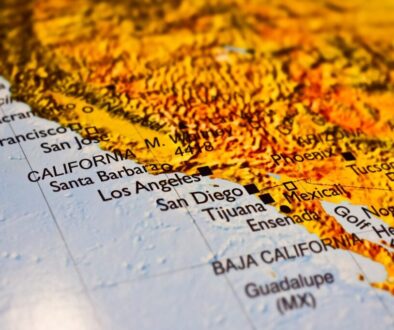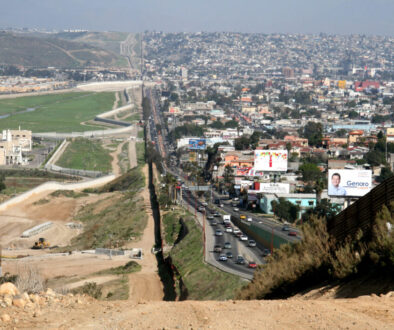Trans-Atlantic Free Trade Agreement (TAFTA)
 By Adina Moloman
By Adina Moloman
Sources: International Trade News, Foreign Policy
European Union and United States are recently reopening the negotiations for a Trans-Atlantic Free Trade Agreement (TAFTA). This is an agreement that opens markets and liberalizes trade with the intention of eliminating tariff barriers and quantitative restrictions between the U.S. and the EU.
The first attempt of creating such an agreement between the two largest global markets was in 2001. Back then it was difficult to reach an agreement mostly because it would have affect the prospects for new multilateral trade agreements in the World Trade Organization (WTO) that could have discriminated against suppliers from the world’s developing countries. Due to protectionist agricultural practices and regulatory differences from autos to pharmaceuticals it was demonstrated that TAFTA was more a vision than an imminent reality for trade between Europe and North America.
Now it seems like a good time to rethink this strategy for different reasons: UE and US currency devaluations, budgetary pressures on both sides, tariff phase-out periods, other countries manufacturing competitiveness which could help to make a TAFTA feasible.
In order to have real possibilities of influencing international trade disciplines, it is absolutely necessary to work on a few points: non-tariff barriers, mutual recognition agreements, subsidies, agricultural market access, regulatory coherence, professional services, temporary entry, unfair trade practices, intellectual property rights trade facilitation, government procurement, competition policy and services.
According to the Dutch consultancy Ecorys the agreement over non-tariff barriers would add 0.7 percentage points to the EU economy and 0.3 percentage points to the U.S. economy.
There is a possibility for Mexico and Canada to participate in the negotiation of TAFTA. The European Union already has an FTA with Mexico that covers, not only trade in industrial goods provided by the Maquiladora Sector, agriculture and services, but also rights and obligations on investment, intellectual property rights, competition policy, government procurement, as well as dispute settlement procedures. This will assign to Mexico a more privileged position in the region, compared to Brazil, for instance, which has not been able to negotiate with European Union so far.





